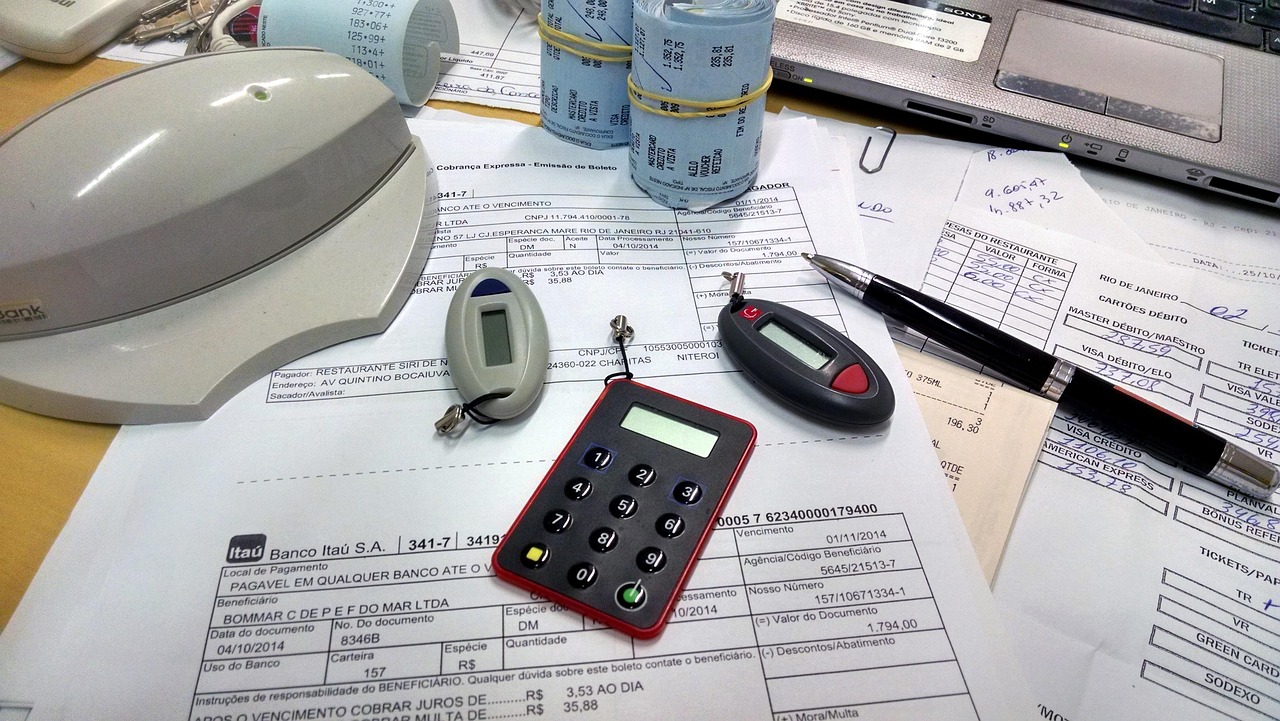
Imagine this:
A trusted employee manages both cash handling and transaction recording. Everything seems fine until a routine audit uncovers missing funds. There were no checks, no balances, and no safeguards in place.
In Nigeria, many businesses, particularly small and medium-sized enterprises (SMEs) fail not because they are unprofitable, but due to preventable financial losses stemming from weak or non-existent internal control systems.
What Are Internal Controls in Business?
Internal controls are the policies, systems, and procedures that organizations implement to:
- Safeguard assets
- Ensure accurate financial reporting
- Prevent fraud, theft, and errors
- Promote operational efficiency
- Maintain compliance with tax and regulatory laws
Think of internal controls as your business’s financial immune system always working in the background to detect and prevent damage.
Why Internal Controls Matter especially for SMEs in Nigeria
According to the Association of Certified Fraud Examiners (ACFE), businesses lose an estimated 5% of annual revenue to fraud globally. SMEs are particularly vulnerable due to:
· Limited staffing
· Lack of proper oversight
· Inadequate financial systems
In Nigeria, many businesses have lost revenue not due to poor sales but as a result of internal leakages like unauthorized transactions, missing inventory, and unreconciled bank statements. Additionally, many SMEs operate with minimal oversight, often placing one person in charge of multiple financial tasks. This creates an environment where fraud, theft, or simple human error can go undetected for months or even years.
Common Risks for SMEs Without Proper Controls:
- Internal fraud and cash leakages
- Falsified financial reports
- Loss of investor or customer trust
- Legal penalties from non-compliance
Three (3) Simple Internal Controls That Strengthens Your Business
Implementing internal controls doesn’t have to be complicated or expensive. Start with these essential safeguards:
1. Segregation of Duties
Never assign one person to handle an entire financial process. For example:
- One person handles cash
- Another records transaction
- A third person approves disbursements
This separation reduces the chance of fraud or manipulation.
2. Regular Reconciliations & Reviews
Compare your accounting records with:
- Bank statements
- Receipts
- Inventory levels
Frequent reconciliation ensures any discrepancy is caught early and resolved.
3. Structured Approval Processes
Put an approval workflow in place for all financial transactions.
No payment no matter how small should be made without proper documentation and sign-off.
Consequences of Weak Internal Controls
Weak or non-existent internal controls can lead to:
- Fraud and theft from within the company
- Errors in financial statements leading to poor decisions
- Regulatory fines due to non-compliance
- Loss of business reputation with customers and investors
Protect Your Business Before a Crisis Hits
Most companies only implement robust internal controls after fraud or losses occur. But smart businesses take a proactive approach. By creating a culture of accountability, oversight, and transparency, you protect your business from preventable risks while also boosting investor confidence and operational stability.
Need Help Setting Up Internal Controls?
At BMO & Co. Chartered Accountants, we help Nigerian businesses especially SMEs design and implement effective internal control systems tailored to their operations. From financial process audits to fraud risk assessments, we’ve got you covered.
Start with a free consultation and discover how better controls can save you money and protect your growth.
👉 Send us an email to info@bmoandco.com
